Night owls may want to start turning in earlier.
A recent study from Stanford University, published in the journal Psychiatry Research, found that going to bed after 1:00 a.m. can lead to mental health problems.
Researchers analyzed data from more than 73,000 UK adults, looking at their chronotype (tendency to get up early or stay up late) and actual sleep time.
FEEL HUNGER THAN USUAL? YOUR SLEEPING SCHEDULE COULD BE TO BLAME, SAYS AN EXPERT
The study then looked at the extent between the two and the prevalence of mental, behavioral and neurodevelopmental disorders (MBDs), as well as depression and anxiety.
People with a morning preference who go to bed early display “better mental health” compared to morning types who go to bed late, the study found.
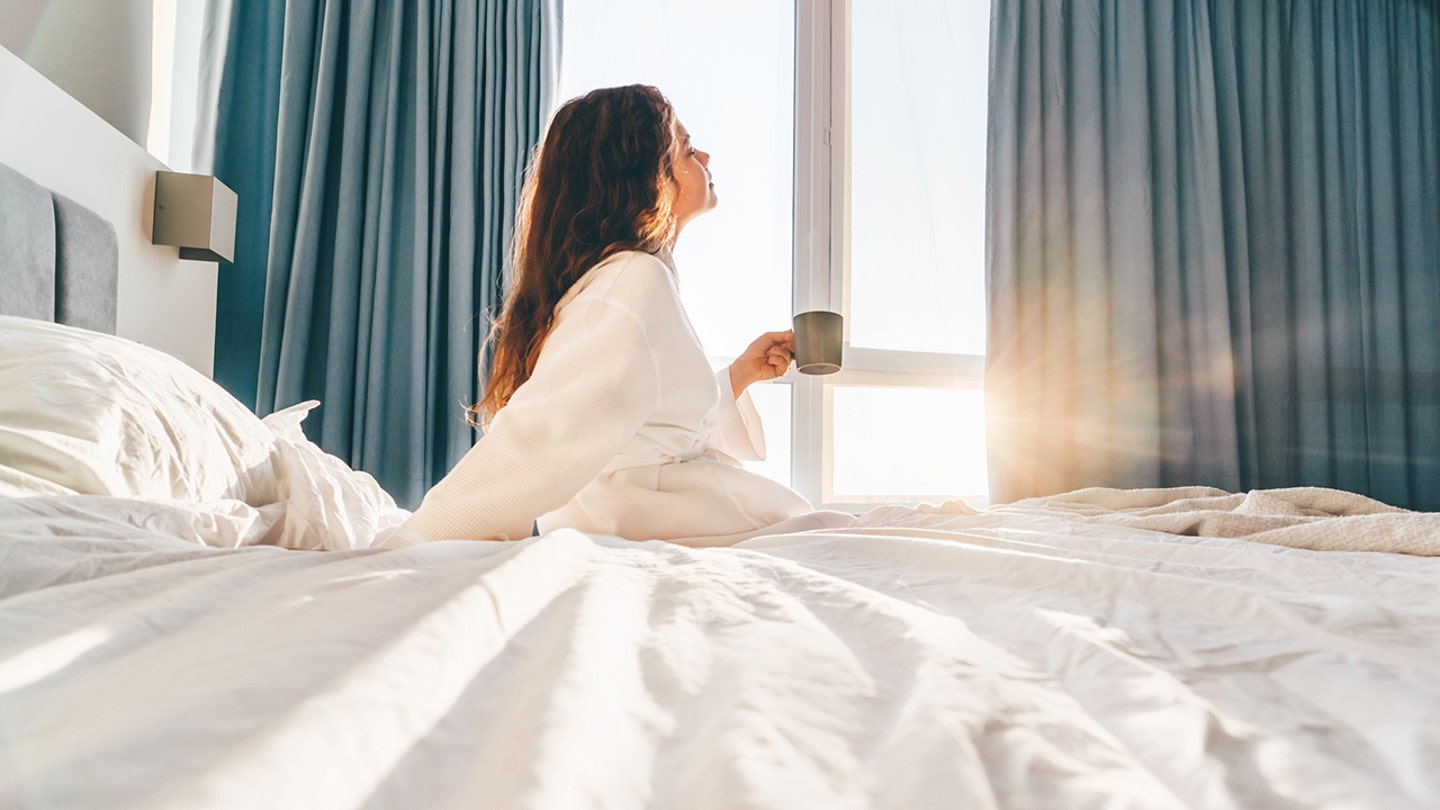
Overall, early birds appeared to have better mental health, according to a Stanford University study. (iStock)
Morning types who tend to go to bed late have an increased risk for MBN, depression and anxiety.
People with an evening preference who sleep late were also found to exhibit poorer mental health. Evening types who wake up early, conversely, have a lower risk of developing depression.
Based on these findings, the researchers recommended going to bed before 1:00 a.m., regardless of preference.
EXPERTS SAY AMERICA NEEDS MORE SLEEP, LESS STRESS, AS GALLUP SURVEY REVEALS DISTURBING FINDINGS
Study co-author Jamie Zeitzer, Ph.D., a professor in Stanford University’s department of psychiatry and behavioral sciences in California, said he was surprised by the results.
“They were not at all what we expected,” he wrote in an email to Fox News Digital. “We have spent more than a year trying to refute our findings, but we have not found an alternative explanation.”
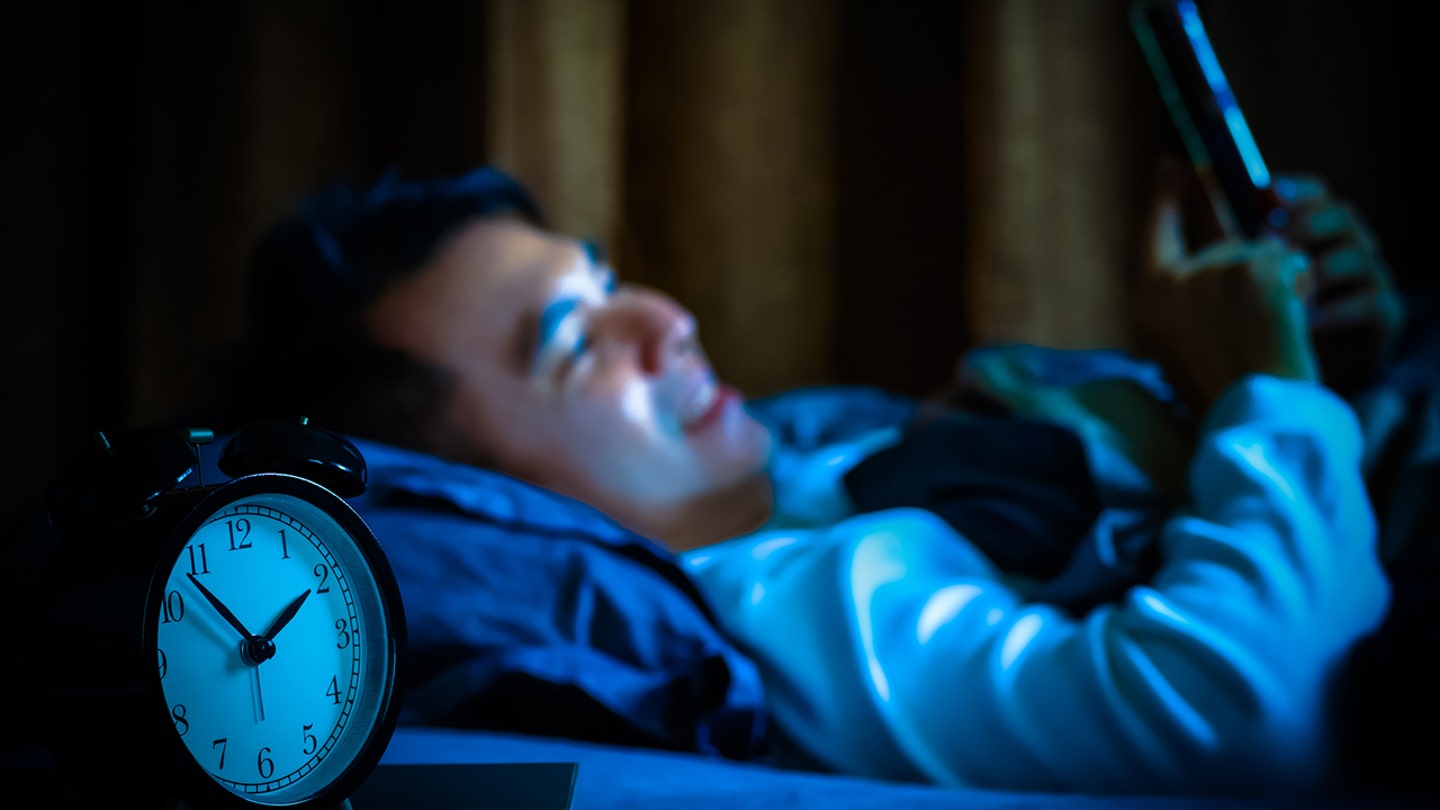
“We had expected that night owls who stayed up late would be OK, but they ended up being at greater risk of developing mental health disorders than night owls who went to bed earlier,” said one researcher. . (iStock)
Researchers originally predicted that individuals who aligned their actual sleep time with their morningness/eveningness preference would have the best mental health, Zeitzer noted — but that wasn’t the case.
“Instead, we found that being up late at night, regardless of preferred bedtime, was associated with worse mental health,” he said.
Good sleep is “crucial to creating a pillar of good mental health,” according to Zeitzer.
TYPE 2 DIABETES MUCH GREATER RISK FOR ‘NIGHT OWLS’ THAN EARLY BIRDS, FINDS NEW ‘FARTHA’ STUDY
“It’s not necessarily [the case] that poor sleep causes poor mental health, but it can definitely alleviate poorer mental health,” he said.
“There are several aspects of sleep that contribute [to mental health]including duration (which we considered in our study) and time (which we examined directly in our study).
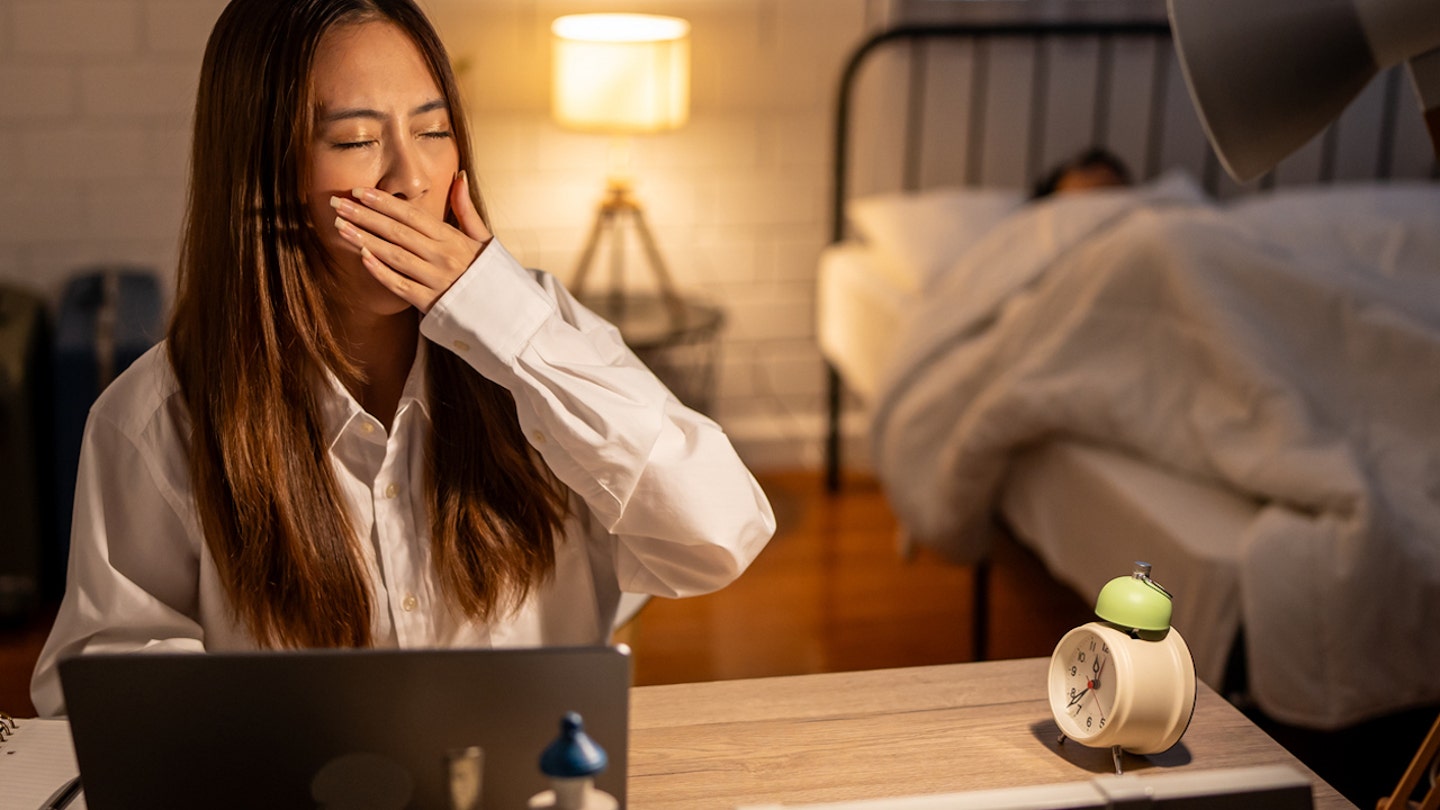
According to a sleep expert, it has been proven that not getting enough sleep puts your mental health at risk. (iStock)
While it may not be harmful for night owls to stick to their preferred nighttime sleep schedule, Zeitzer said, the research points out that it poses a risk to some.
“We are not clear why this is, but it may have something to do with the isolation that often accompanies such late-night behavior,” he said.
“So being aware of how you’re spending your late nights and whether these behaviors are conducive to good mental health is essential.”
WANT TO BECOME A MORNING MAN? THESE 6 EXPERT TIPS CAN GET YOU THERE
Dr. Wendy Troxel, a Utah-based sleep expert who was not involved in the study, agreed that the findings are “very interesting” — especially that going to bed later is associated with poorer mental health, despite from one’s natural tendency.
“These findings underscore that sleep health is a multidimensional condition,” Troxel said in an interview with Fox News Digital.
“It’s not just about getting enough sleep or good quality sleep that matters, but timing matters too.”
“Going to bed too late on a regular basis can lead to impairments in decision-making and emotion regulation.”
Failure to get enough sleep has been shown to compromise mental health by “affecting brain mechanisms that help regulate emotions,” she added.
“Going to bed too late (ie, after 1 a.m.) on a regular basis can lead to impairments in decision-making and emotion regulation, which may underlie associations with mental health problems such as depression and anxiety,” she said.
CLICK HERE TO GET THE FOX NEWS APP
The study’s results are also interesting when applied to specific groups that tend to be night owls, such as teenagers, Troxel noted.
“Biologically, teenagers are predisposed to staying up later and going to bed later, which is at odds with early school start times,” she said.
“This can set them up for a ‘double whammy’ of insufficient sleep and late bedtimes, which can contribute to mental health problems – a major public health issue among teenagers.”
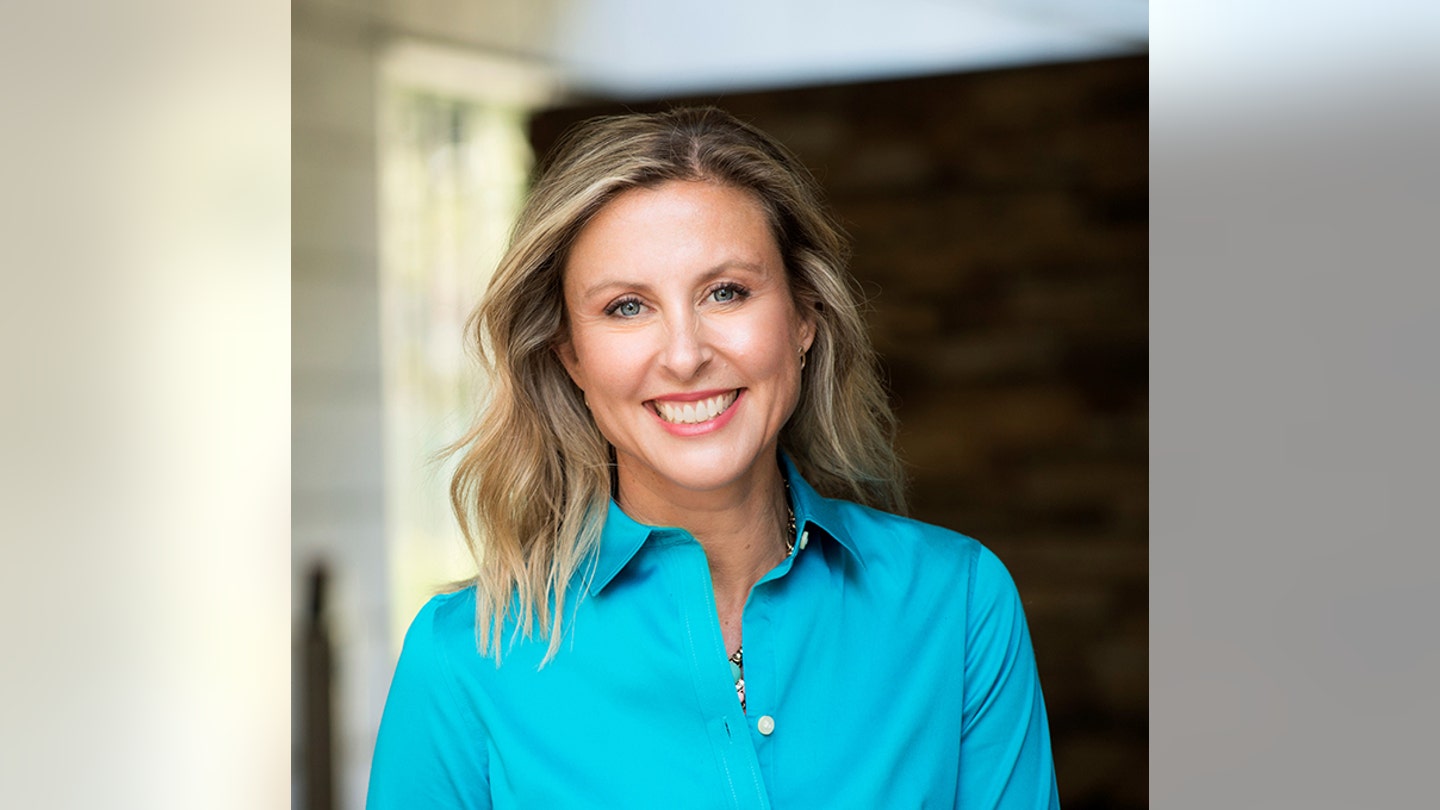
Dr. Wendy Troxel, senior behavioral scientist for the RAND Corporation, is the author of “Split the Covers: Every Couple’s Guide to Better Sleep” and is also a scientific advisor to the Sleep Foundation. (Diane Baldwin)
3 critical steps to better sleep
Troxel recommends taking the following steps to improve sleep quality.
First, slowly advance your bedtime earlier in 15-minute increments each week.
Then, allow plenty of sunlight in the morning, she advised, as sunlight is “one of the most powerful cues to help set the circadian rhythm.” In the evening, keep the lights low.
For more health articles, visit foxnews.com/health.
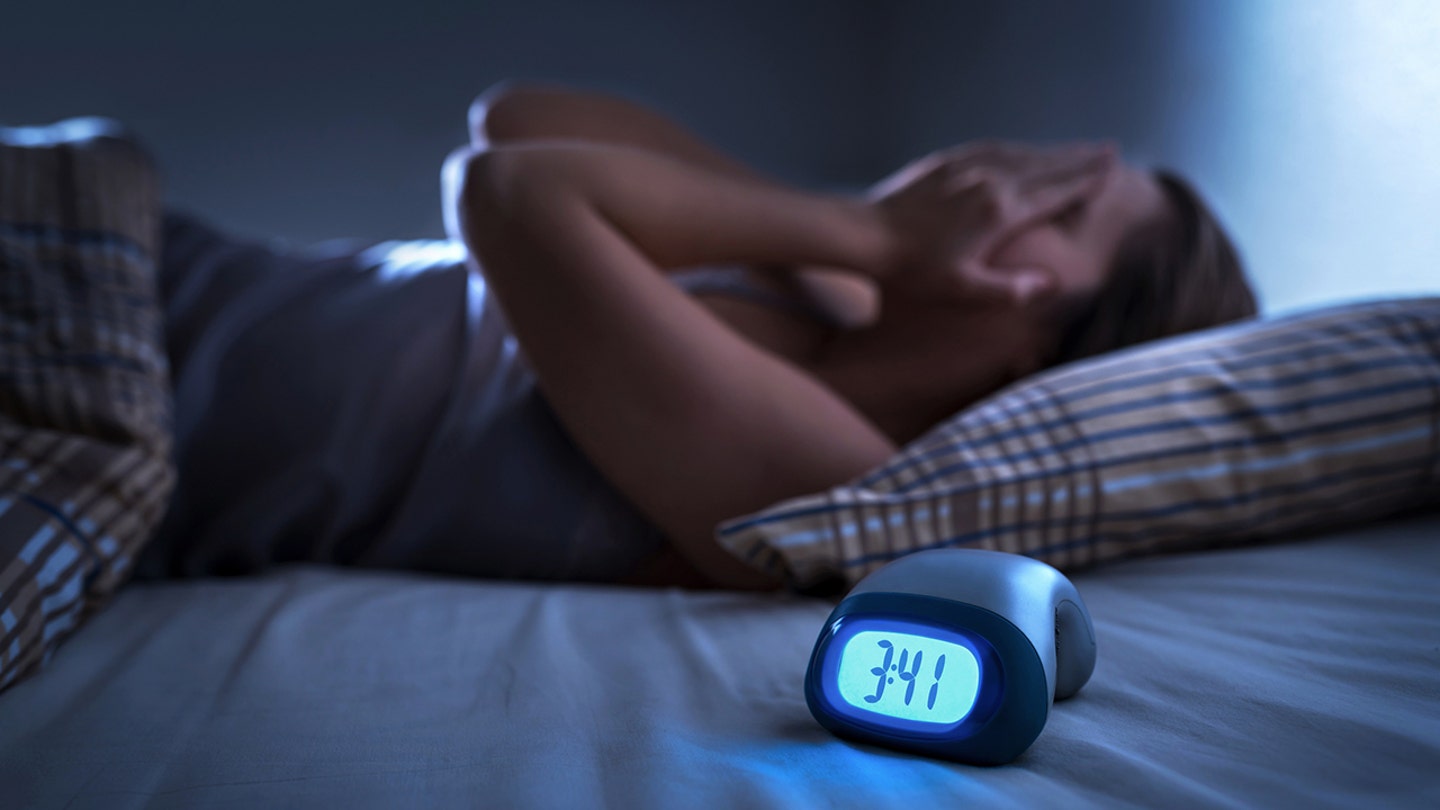
It’s important to stay consistent with your bedtime, even on weekends, a sleep expert advised. (iStock)
Finally, stay consistent with your sleep schedule, including on the weekends, Troxel suggested.
While this can be challenging, especially for night owls, returning to a later sleep and wake schedule will “take you back to square one,” she warned.
CLICK HERE TO SIGN UP FOR OUR HEALTH NEWSLETTER
The key to successfully changing sleep habits is to do it gradually, Troxel said.
“It’s similar to the approach we would recommend for changing the schedule to manage jetlag,” she said.
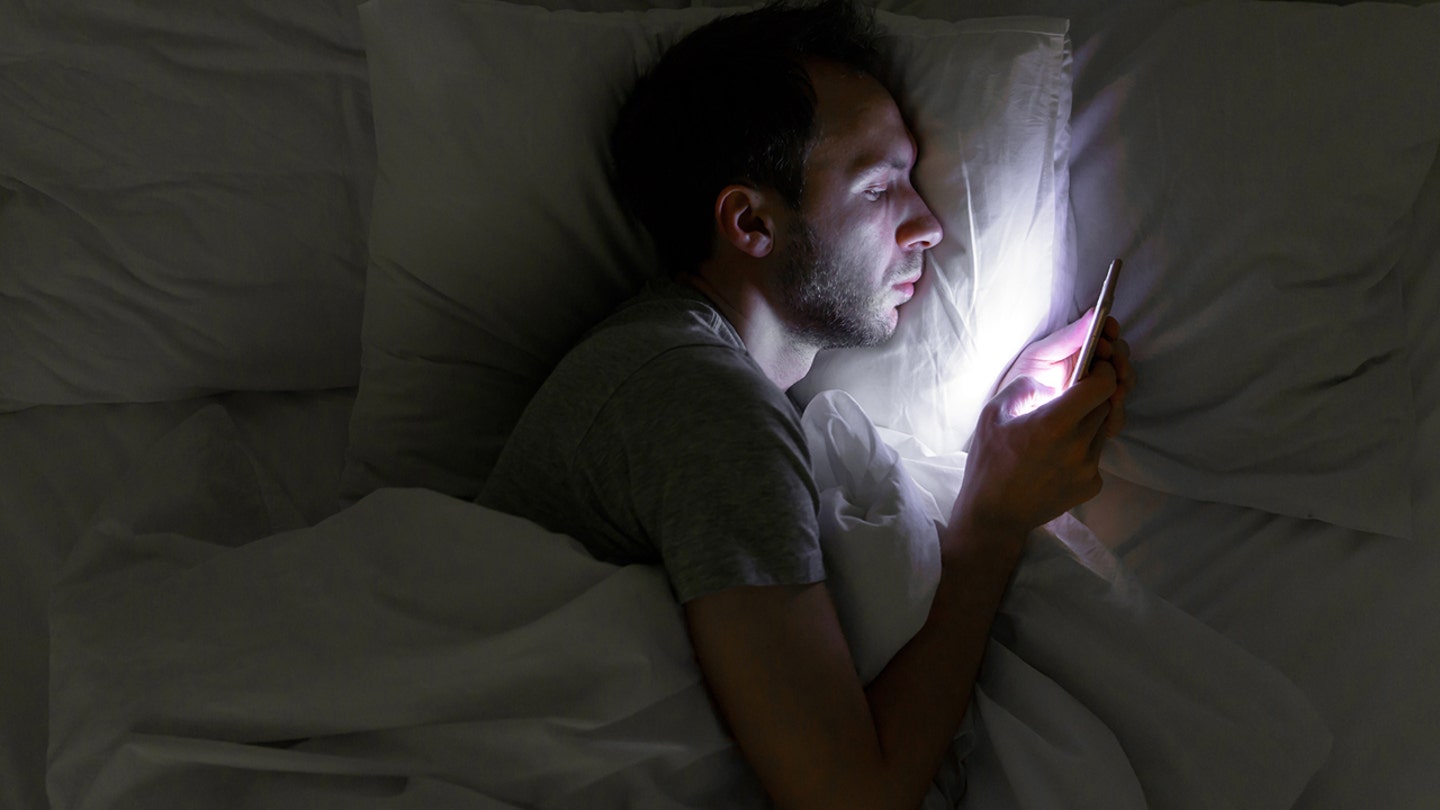
Being aware of how you’re spending your late nights is “crucial” for good mental health, one of the study’s researchers said. (iStock)
Zeitzer noted that it can be difficult for anyone to change their sleep schedules, especially for those who prefer more “time extremes,” such as staying up until 4:00 a.m. or waking up before 5:00 a.m.: 00 in the morning.
CLICK HERE TO GET THE FOX NEWS APP
Going to bed and waking up at the same time every day is the best way to successfully make a change, he said, along with exposure to bright light.
#bed #time #lead #poorer #mental #health #study
Image Source : www.foxnews.com